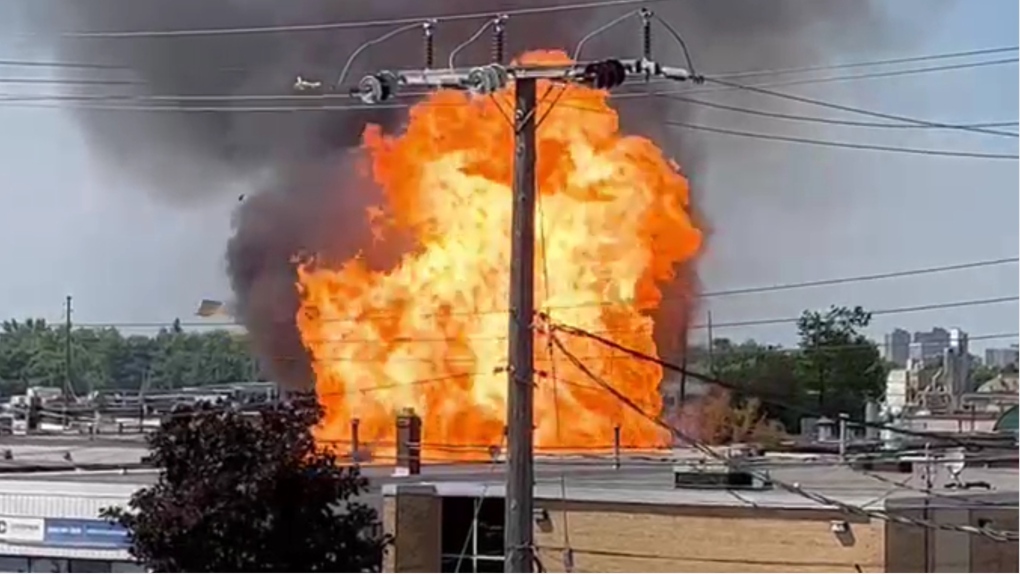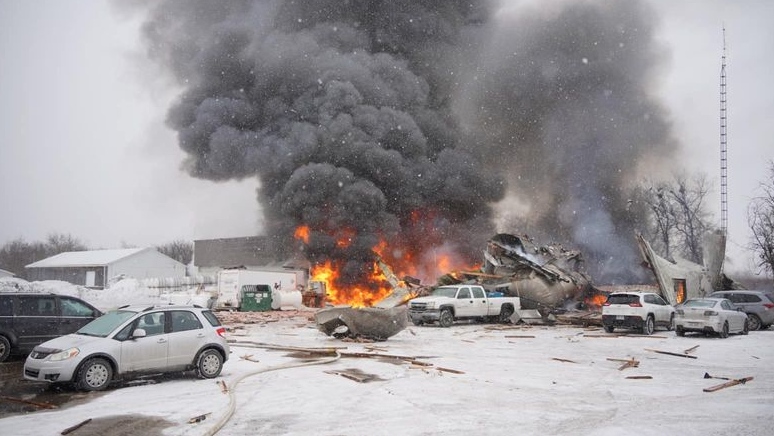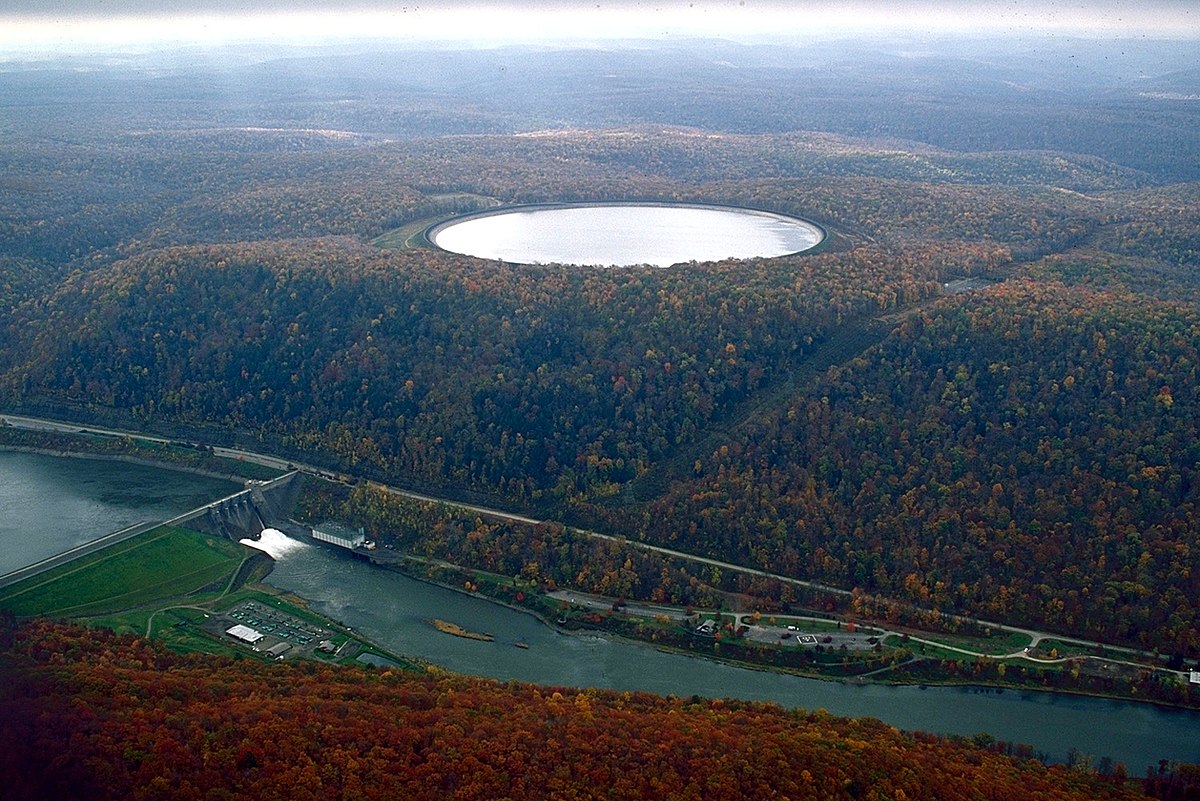It’s like the Jim Cramer conundrum… he’s got a solid record of giving top recommendations on companies mere days before their stock tanks… so if you short whatever Cramer recommends you will be almost as rich as Nancy Pelosi! 
"Sooner or later" we'll all be dead. Besides, that whole "carbon footprint / carbon credits" nonsense came straight from Al Gore.
And Europe is hardly a model for energy distribution or consumption. They might be if everyone did the exact opposite of what they do.







